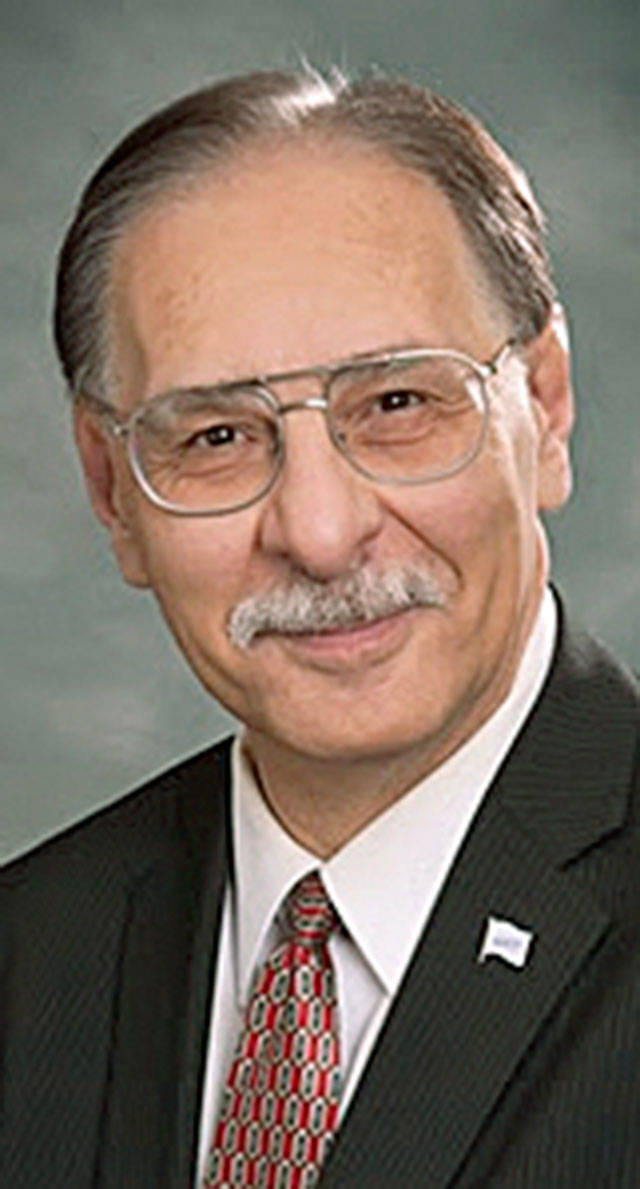The City of Auburn needs $197 million to pay for all of its street and road projects between 2019-2024.
But as City Engineer Ingrid Gaub told members of the City Council at a recent work session, while the city can reasonably count on securing up to 30 percent of that sum through various channels, including grants, the remaining $137.5 million is up in the air.
That’s a 70 percent gap in funding, which throws essential street and road projects, including pavement preservation in that span, into the hazard.
While the City Council has yet to formally decide what it will do, it did agree after hearing out Gaub and working through the report of a sub-committee that spent the better part of 2018 studying the problem, the only way to secure the funds is to put the question to the residents of Auburn in a voter initiative.
Councilmember Claude DaCorsi, who chaired that subcommittee, said that sales tax, bond issuance, federal and state grants and the Real Estate Excise Tax, REET 2, are not sustainable for this purpose.
And given the heat the city took from Auburn residents for the Transportation Benefit District board’s proposal in late 2016 to raise car tabs to $20 to pay for street projects, the city will not pursue that option, either.
“Our suggestion is that, in whatever shape we take this, whether as the Transportation Benefit Board or as a council … we do it under a voter initiative … nothing other than bringing our measures forward to the voters and having them determine and decide where the revenue sources that we recommend in that action go,” DaCorsi said.
The TBD is the full, seven-member City Council acting in another capacity.
Keeping in mind the overall $137 million funding gap, DaCorsi continued, voters should be informed that the city would need “about an 18 months time frame to properly prepare, to get things ready to go, and to make sure that we hit the targeted dates.”
The ad-hoc committee met nine times this year to: discuss and review the 2018 Transportation Improvement Plan (TIP) and its 2019-2024 update;to study the purpose and funding for every street and road project; and to examine the pavement condition rating and potential future funding options.
Here are the projects to which the city applied the $2.9 million it had in the 2018 street program budget. These figures represent the city’s financial contribution to the projects, all of which involved other partners:
• $1.2 million to arterial street preservation, 12 locations, without utility work;
• $662,400, South 277th pavement preservation, a match to a grant;
• $350,000, West Valley Highway-Peasley Canyon Road repaving, a portion of a larger Washington State Department of Transportation project; and • $679,100, not earmarked, one-time funds available for future projects and grant matches.
The Transportation Improvement Plan summary for 2019-2024, which the council approved in June, numbers 67 projects with a total need for $197 million.
While projects for the years 2019-2021 are restricted to funds that are reasonably expected, funding for projects between 2022 and 2024 and local street preservation is not restricted. That is, it depends on what the city thinks it can get or may need, which does not necessarily mean the funds are going to be there.
Unrestricted street revenue, secured grants, a budget line item for unsecured grants, traffic impact fees, traffic mitigation fees, local street funds, arterial street preservation funds, Real Estate Excise Tax (REET 2) funds for transportation projects, the WSDOT, private development, the Muckleshoot Tribe Sound Transit, Green River College could represent potential partners of the city in projects that benefit them.
Items that are not really funding secured within the overall TIP program include unsecured grants and partnerships with other agencies.
“Unless we actually have the agreements written with them, those are assumptions into the TIP, they are not secured funds,” Gaub said.



